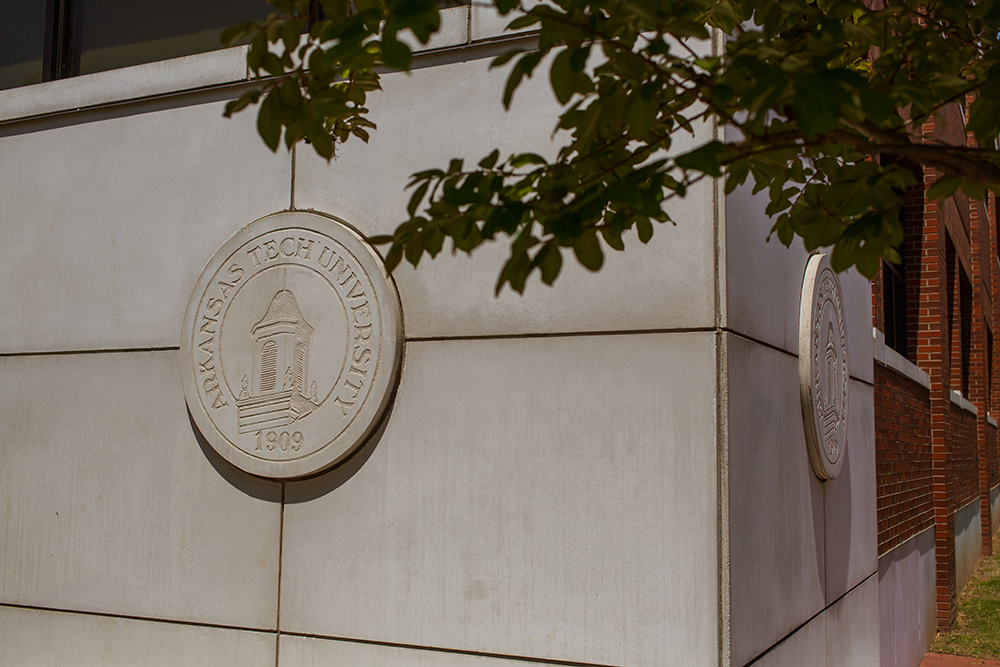Quality and adaptability are focal points of the Arkansas Tech University pandemic recovery plan for academics in development for fall 2020.
The plan is being created by members of the ATU faculty and will be put into motion with involvement from personnel in the ATU Office of Information Systems, the ATU Office of the Registrar and ATU’s Roy and Christine Sturgis Academic Advising Center.
A fundamental goal of the ATU pandemic recovery plan is to provide as many opportunities for face-to-face instruction as possible within the evolving circumstances of the coronavirus (COVID-19) pandemic.
“We continue to optimistically plan for a return to campus for instruction this fall,” said Dr. Barbara Johnson, ATU vice president for academic affairs. “Our faculty have applied a considerable amount of time and energy to identify the steps we must take as a university in order to make that possible. Quality remains our overarching priority. The strategies and tactics we are developing and will implement relative to our delivery methods will protect the quality of our instruction while providing us with the flexibility necessary to fulfill our civic responsibility and limit the spread of COVID-19.”
The ATU pandemic recovery plan for academics is being developed by its back to school transition committee, which is chaired by Dr. Richard Schoephoerster, and its academic contingency planning group, which is chaired by Dr. Jeff Aulgur.
Schoephoerster is dean of the ATU Graduate College and provides oversight for the university’s research initiatives, while Aulgur serves as interim associate vice president for academic affairs, interim dean of the ATU College of eTech and head of the ATU Department of Professional Studies.
Johnson noted the volunteer service of faculty and staff on the committees and described their input as “very beneficial to the process.”
Plan provisions include converting no more than 30 percent of existing face-to-face courses to 100 percent virtual delivery, prioritization of protecting faculty with known vulnerability to COVID-19, ensuring that classroom spaces are re-imagined to provide adequate social distancing and allowing students who are quarantined due to exposure to the virus or a positive test to continue coursework through distance technology.
The plan also calls for protecting the continuity of the face-to-face first-year experience to the greatest extent possible, giving faculty, staff and students access to necessary computer hardware and software resources and providing faculty with additional training relative to virtual instruction.
ATU has also invested in Blackboard Ally, a new software resource designed to make digital course content more accessible.
Additional pandemic recovery plans from across the university will support the academic recovery plan and assist ATU in fulfilling its mission.
Contingency plans would allow ATU to convert all of its fall 2020 instruction to a virtual environment if that becomes advisable in accordance with guidelines from the U.S. Centers for Disease Control and Prevention and the Arkansas Department of Health.
“I appreciate the commitment to this task exhibited by Dr. Aulgur, Dr. Schoephoerster and each of our faculty and staff colleagues who are involved in the development of our pandemic recovery plan for academics,” said Johnson. “These are unprecedented times for higher education, but we proved during spring 2020 that ATU is equal to the challenge. We will approach fall 2020 with the confidence that we can deliver a high-quality educational experience to our students regardless of the context of our times.”






